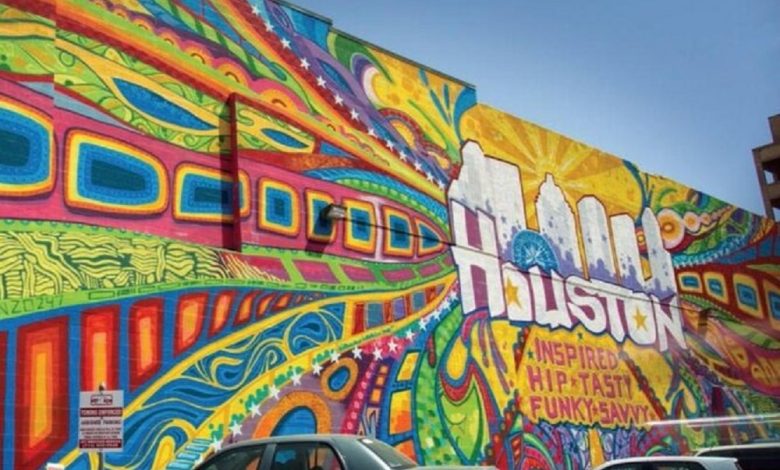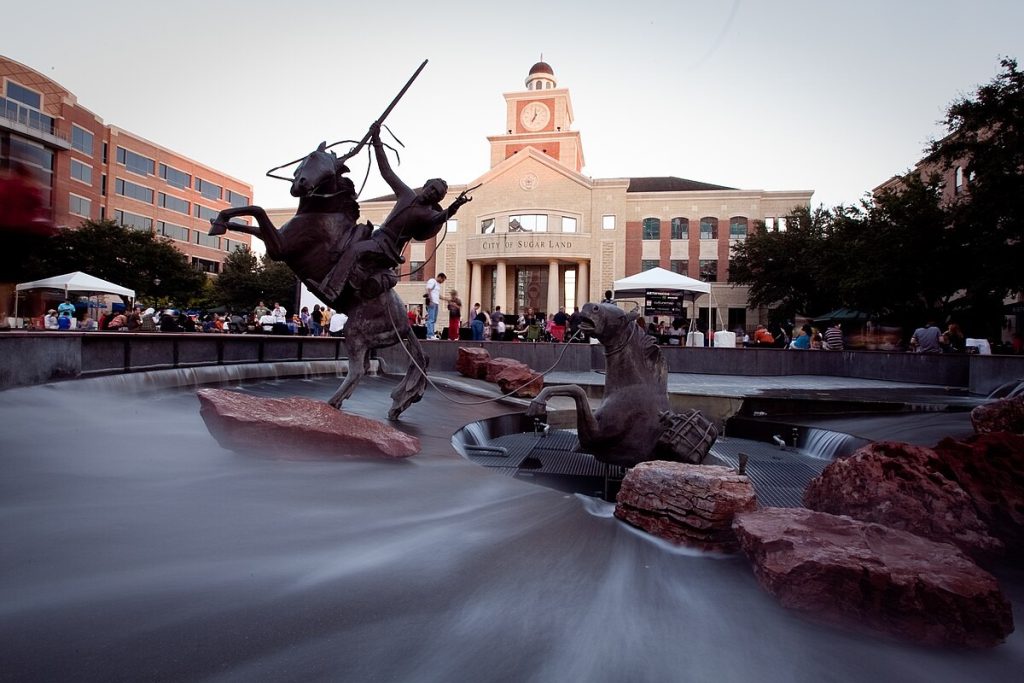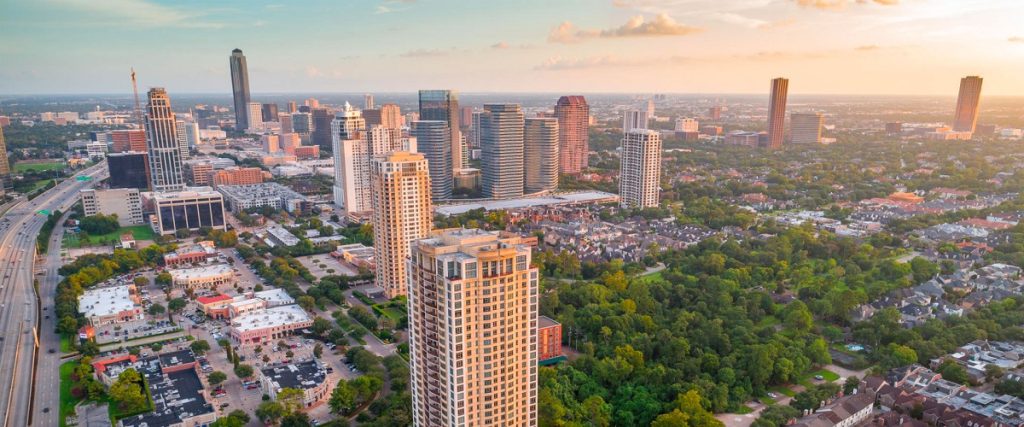Top Houston Suburbs Where Muslim Families Live — Sugar Land, Alief, Katy & More
A deep guide to the suburbs and small towns around Houston with the strongest Muslim communities, mosques, schools, and family services.

Greater Houston is one of the most religiously and ethnically diverse metropolitan areas in the U.S., with a large and growing Muslim population spread across many neighborhoods and suburbs. Below are the top small towns and suburban clusters where Muslim life — mosques, community centers, Islamic schools, halal businesses, and strong social networks — is most visible and active.
1. Sugar Land & Richmond (Fort Bend County) — The Ismaili and Pan-Muslim Hub
Sugar Land and nearby Richmond are widely recognized as one of the largest Muslim population centers in the Houston metro. The area hosts major community institutions — including a large Ismaili Center and active mosque communities — and frequent public Ramadan/iftar events that draw thousands from across the region. Families choose Sugar Land for its schools, suburban neighborhoods, and abundant halal and culturally specific services.
Why it matters: strong institutional presence (Ismaili Center, Islamic schools), many community events, family-friendly housing.

2. Alief / Southwest Houston — Longstanding, Diverse Immigrant Base
Alief and the broader southwest Houston corridor are historically home to many immigrant Muslim communities (South Asian, Arab, African). The neighborhood has numerous mosques, Islamic centers, and halal markets — a dense, walkable ecosystem for new arrivals and multigenerational families. Alief’s mosque network and storefront Islamic institutions make it a natural anchor for Muslim life in the city.
Why it matters: affordability, cultural services, many Friday prayer options and community programs.
3. Katy & West Houston — Growing Families and Islamic Schools
Katy and parts of west Houston have seen steady growth in Muslim residents attracted by new housing developments, quality public schools, and Islamic schooling options. Katy-area mosques and Islamic schools (including K–12 programs) make it a practical choice for families who want suburban life but close access to Islamic education and community activities.
Why it matters: family-oriented suburbs, school options, newer mosque communities.
4. Pearland & Clear Lake (Southeast) — Suburban, Proximity to NASA/TMC Jobs
Pearland and the Clear Lake area (including Webster and Nassau Bay) are home to sizable Muslim populations that work in healthcare, aerospace, and engineering sectors. Clear Lake has its own established mosque and community center that serves families in southeast Houston and Brazoria County. Pearland offers suburban housing and convenient commutes to the Texas Medical Center and Clear Lake employers.
Why it matters: proximity to employment hubs, established mosque/center networks.

5. Missouri City & Richmond (south Fort Bend) — Fort Bend’s Muslim Neighborhoods
Missouri City and adjacent Richmond host a number of mosques and Islamic organizations and are popular with Muslim families seeking mid-size suburban homes, good schools, and a moderate commute to downtown Houston. Local mosque listings and community review sites show active mosque life and services.
Why it matters: mid-size suburban life, community stability, mosque accessibility.
6. Cypress & Northwest Suburbs — Newer Mosque Communities
Cypress and the greater northwest suburbs have grown as Muslim families move for larger yards and newer homes. Islamic Society-affiliated centers and private masajid have opened to serve the growing population. These neighborhoods appeal to families who want suburban space with developing Muslim infrastructure. isgh.org
Why it matters: expanding Muslim infrastructure, family housing stock.
7. The Woodlands & North-Houston — Affluent Muslim Communities & Professionals
North of the city, The Woodlands and surrounding north-Houston suburbs attract Muslim professionals who work in energy, healthcare, and corporate sectors. The area has active Islamic centers, weekend programs, and a network of professionals and families. It’s a popular choice for those prioritizing highly rated schools and master-planned communities.
Why it matters: strong schools, professional networks, high quality of life.
8. Inner-City Hubs: Montrose, Bellaire, & Downtown — Diverse, Urban Muslim Life
While suburbs dominate numerically, inner-city neighborhoods such as Montrose and Bellaire remain key Muslim hubs for students, young professionals, artists, and converts. Major downtown and urban mosques, plus proximity to universities and cultural institutions, keep a steady Muslim presence in the city core.
Why it matters: accessibility to downtown jobs, university communities, grassroots mosques.
How to Choose the Right Area
-
Mosque & school access: If daily prayers or Islamic schooling are priorities, check mosque timetables and nearby Islamic schools.
-
Commute & jobs: Match your neighborhood to work location (TMC, downtown, Energy Corridor, NASA).
-
Community services: Look for halal groceries, Muslim-friendly businesses, and active community centers.
-
Budget & housing: Suburbs like Katy, Pearland, and Cypress offer newer, larger homes; Alief and SW Houston are more affordable and denser.

Sources & Notes (selected)
The guide draws on local reporting, mosque/ISGH center listings, and community studies about Houston’s Muslim population and institutions. Notable sources include the Islamic Society of Greater Houston mosque listings and recent Houston Chronicle coverage of major community events and new centers.



